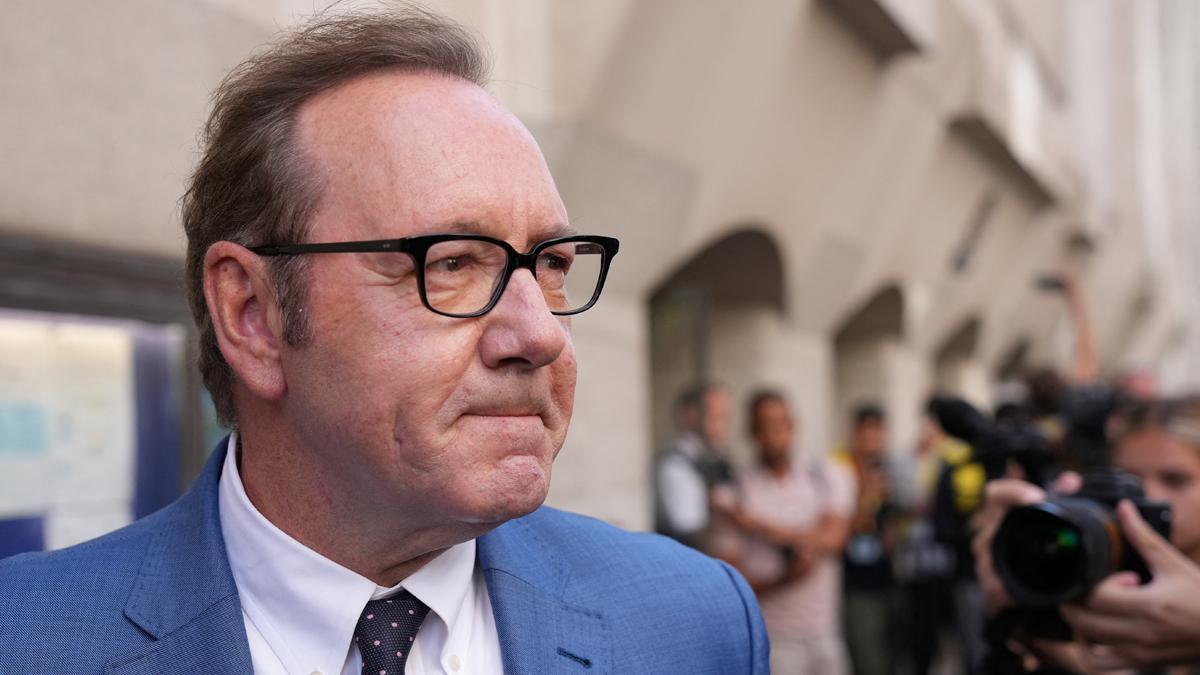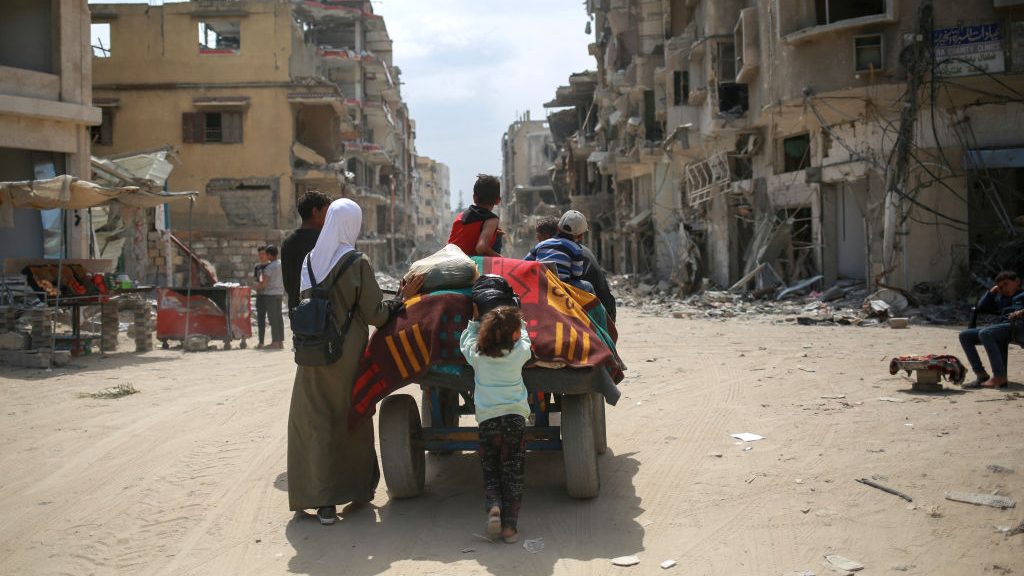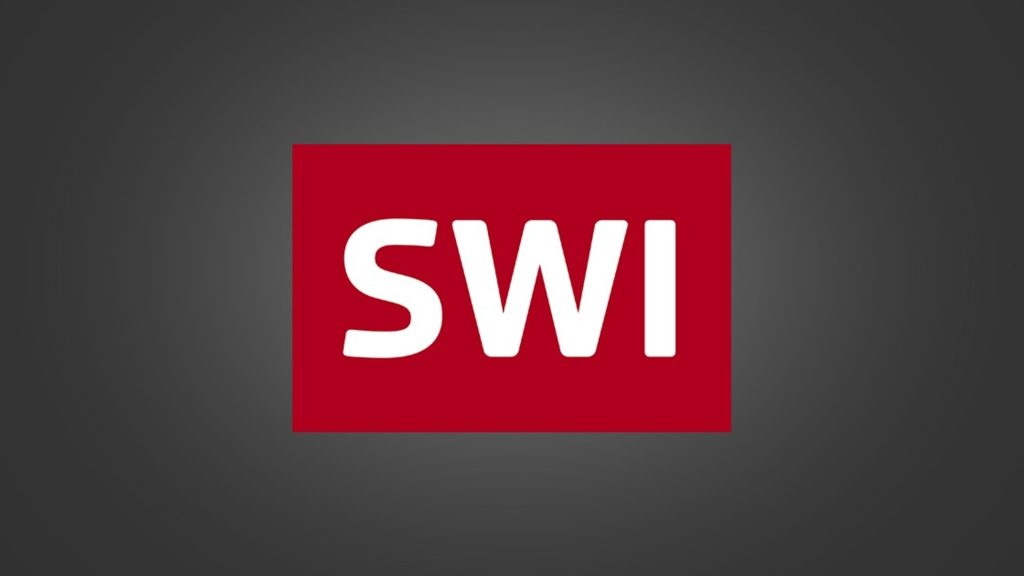Berlin, Nov. 3 (EFE). – The European Union (EU) will allocate one billion euros to help the countries of the Western Balkans in facing the energy crisis provoked by the war in Ukraine, deeming that the transition to green energy is “essential.” Their future integration into the mass of society.
The President of the European Commission, Ursula von der Leyen, announced the item at the conclusion of the Western Balkan Conference held Thursday in Berlin, under the auspices of the government of Olaf Schulz.
Half of it will be in the form of emergency aid, and the rest will be in investments to modernize energy infrastructure.
In his appearances in the media, with von der Leyen and Albanian Prime Minister, Edi Rama, Schulz stressed that Russia’s “brutal aggression” increased the importance of accelerating the integration of these countries into the European Union, but warned that this was only possible with the “efforts” of those countries.
The German leader called on the six countries participating in the process to “double up” these efforts, and noted that entry would result in “integrating them into this large market,” the foreign minister said.
Von der Leyen attended the Balkan Conference, a forum founded in 2014 at the invitation of then-Chancellor Angela Merkel, as well as the President of the European Council, Charles Michel.
Besides these efforts by each country, at the internal level, relations between Serbia and Kosovo must be “normalised,” Schulz and von der Leyen noted, because without that there will be no progress toward membership.
The six Balkan countries invited to the meeting share the ambition to join the European Union, although their processes are moving at different speeds.
Since mid-October, Bosnia and Herzegovina already has a “recommendation” from the European Commission for access to candidate status, although it is conditional on the achievement of 14 priorities.
As for Serbia, which did not support European sanctions against Moscow, it is far behind, as Brussels insisted on the need to “adhere” to the community’s foreign policy line.
Albania, North Macedonia and Montenegro, which opened intergovernmental negotiations in July with the aim of strengthening relations with the European Union, were required to intensify the fight against corruption and organized crime.
Finally, in Kosovo, there is a need for a democratic “strengthening” of its structures, public administration and the rule of law, as well as an effective fight against corruption.
In addition to the provision of support for the energy crisis, at today’s meeting in Berlin, a series of cooperation agreements were signed at the labor and educational levels, including the mutual recognition of university degrees and professional qualifications.
Serbia’s position in relation to Russia is the main obstacle, even at the level of the German government, to operationalizing the recognition process as an applicant country, as it is believed that it could play a destabilizing role between the partners. EFE
gc / jam / psh
EFE 2022. Redistribution and redistribution of all or part of the contents of the EFE Services, without the prior and express consent of Agencia EFE SA, is expressly prohibited.

“Unapologetic tv specialist. Hardcore zombie trailblazer. Infuriatingly humble problem solver.”

:quality(85)/cloudfront-us-east-1.images.arcpublishing.com/infobae/ZVBKBQM3FA3YXXHR6JH3XHQA4U.jpg)

:quality(85)/cloudfront-us-east-1.images.arcpublishing.com/infobae/RJO52UDMZBAABAQBZHWPU5OQJA.png)



More Stories
Breaking news on Gaza and pro-Palestinian protests on American campuses, live: news and more
Best areas to rent a house in Miami
Breaking news on Gaza and pro-Palestinian protests on American campuses, live: news and more